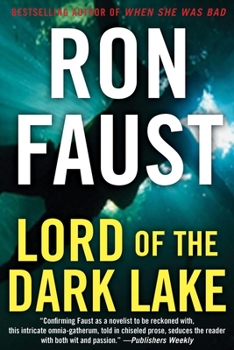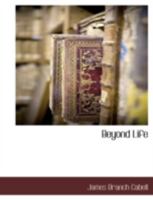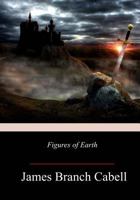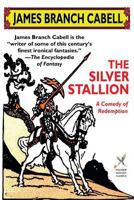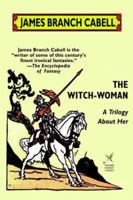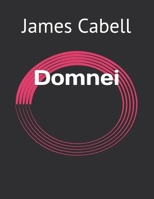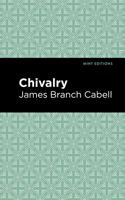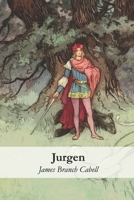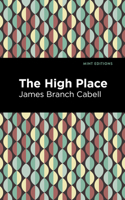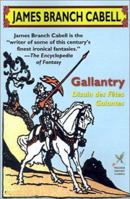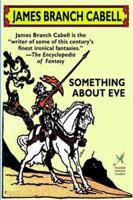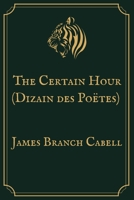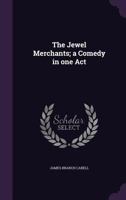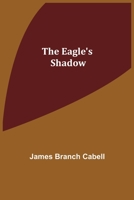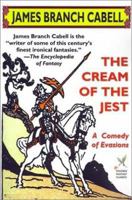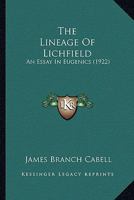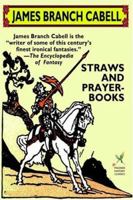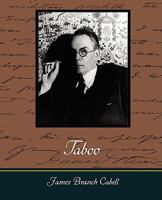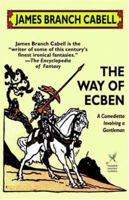Lord of the Dark Lake
Select Format
Select Condition 
Book Overview
Jay Chandler, an American archaeologist excavating an ancient Greek temple, is surprised to find himself invited to a weeklong party on an exotic island paradise owned by eccentric tycoon Alexander Krisos. The annual event-swarmed with European nobility, Texas oilmen, ballerinas and bullfighters, millionaire politicos in exile, Japanese potentates, artists, and gorgeous models--is the sort of orgiastic party many would kill to attend. But no one really expects murder to become part of the festivities . . . until it does. From the party's start under the bright Aegean sky to the finale in the island's underworld of dark caves, the guests are pulled to their destinies by a force as powerful as any invoked by the Greek gods--and Chandler must confront a Minotaur as deadly as the mythic one.
Format:Hardcover
Language:English
ISBN:0525948422
ISBN13:9780525948421
Release Date:December 2004
Publisher:Dutton Adult
Length:400 Pages
Weight:1.45 lbs.
Dimensions:9.5" x 1.3" x 6.3"
Customer Reviews
5 customer ratings | 5 reviews
There are currently no reviews. Be the first to review this work.











